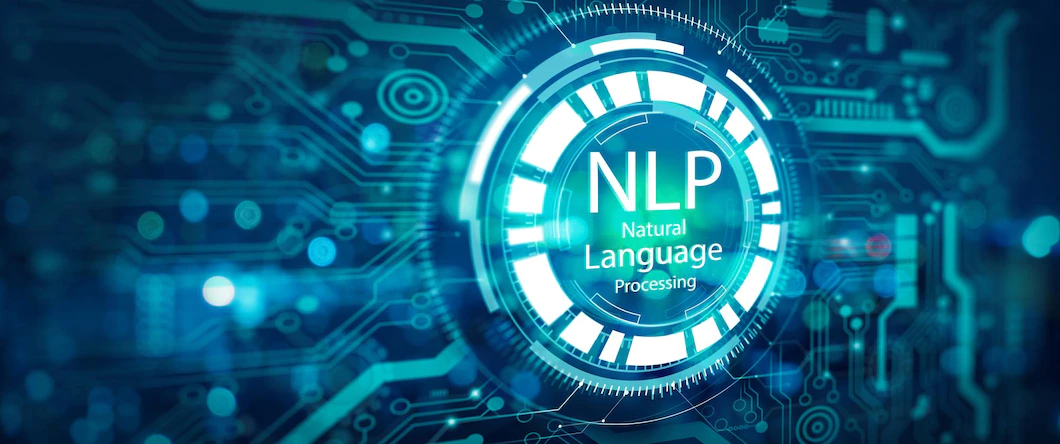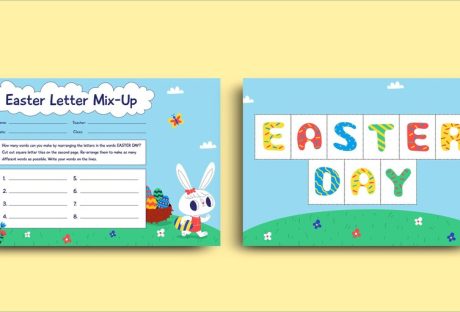Do you like the idea of tackling phobias and anxiety disorders among people?
Gaining an NLP certification could be a possible career path if you are thrilled about helping others transform their lives through their thoughts and actions. It is challenging to acquire the necessary skills via traditional methods, so if you want to unleash the power of your mind, NLP is the key.
What Is NLP?

The acronym NLP stands for Neuro-Linguistic Programming. It is often used by therapists for personal development, enhancing communication skills, and psychotherapy. Richard Bandler and John Grinder invented it to help examine the relationship between your thoughts, words, and behavioral patterns.
Moreover, this approach aims to make people understand the thought processes that lead to their behavior. Using NLP can also help change negative behavior and thinking patterns.
Other applications of NLP include the following:
- NLP is used to address issues like addiction, fear, and stress, among other mental health issues
- You can use NLP for team building, negotiation strategies, and communication skills in business
- NLP is used in an education setting to enhance students’ confidence
- NLP is used in healthcare for pain management and stress reduction
- Leadership – to help leaders communicate more effectively with their team members
Is NLP Certification Right For You
When you take NLP training, you learn how mindset impacts a person’s behavior. In addition to helping others, NLP tools can assist you in developing new attitudes and methods. At best, you do not require any prerequisites or qualifications to enroll in NLP training.
So, if you are interested in becoming an NLP practitioner, the only thing that can limit you is the cost of training. Either way, the cost of training should not deter you if you are serious about it.
What To Expect During The NLP Certification Process

In truth, the journey to acquiring an NLP certification is not a walk in the park as one might think. On the contrary, it requires a lot of effort and commitment. Even so, the benefits of earning an NLP certification are countless.
Here is a rundown of what to expect:
- First off, it is a requirement that you must complete a training program that meets the requirements of the relevant regulatory agencies. The program must also have certified trainers for approval.
- You can choose to take the course offline or online. The choice is yours. However, consider your unique situation before deciding which option to take.
- After the training period, to get certified, you will need to pass an examination.
- The exam covers NLP theory and practice; you must answer 125 multiple-choice questions.
- The final step involves submitting an application form and paying the required fees to receive your NLP certificate.
Enroll In A Reliable NLP Institution And Attain An NLP Certificate
You have probably done much research and are now seeking the right place to sign up and learn NLP. There are numerous NLP certification programs, but remember to choose one that is ranked based on its reputation, costs, and commitment to delivering the highest quality program.
Read Also:






















